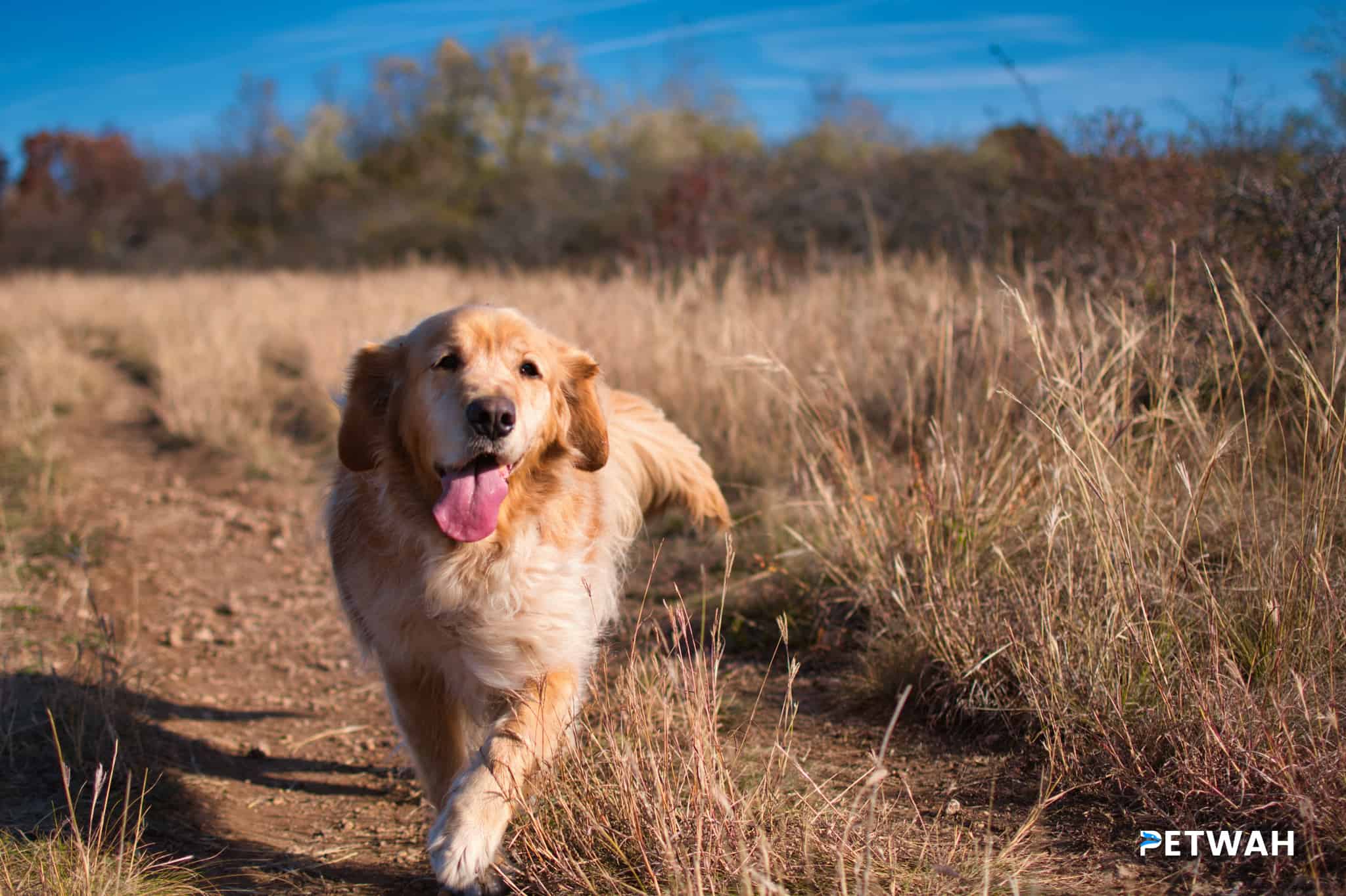Border Collies are a popular breed of dogs that are known for their intelligence, agility, and loyalty. They make great pets and are often used for herding and other working roles. If you are planning to breed your Border Collie or are considering getting a new pup, it’s important to understand the average litter size for this breed. Knowing this information can help you prepare for the arrival of your new furry friend and ensure that you are equipped to provide the best care possible. In this blog post, we’ll explore everything you need to know about the average litter size for Border Collies, including factors that can affect litter size and what you can expect during the breeding process.
Border Collies are a popular breed of dog known for their intelligence, energy, and athleticism. If you are a Border Collie breeder or owner, you may be curious about the average litter size for this breed. In this blog post, we will explore the factors that influence litter size, the average litter size for Border Collies, and what you need to know about breeding your Border Collie.
Factors That Influence Litter Size
Before we dive into the average litter size for Border Collies, it is important to understand the factors that can influence litter size. These include:
1. Age and health of the mother: The age and health of the mother dog can have a significant impact on the size of the litter. Generally, younger and healthier dogs tend to have larger litters.
2. Genetics: Genetics can play a role in determining litter size. If the mother or father dog has a history of producing large litters, their offspring may also have larger litters.
3. Breeding practices: The breeding practices used can also impact litter size. For example, breeding the mother dog during her heat cycle multiple times can increase the likelihood of a larger litter.
4. Environmental factors: Environmental factors such as stress, diet, and living conditions can affect the size of a litter. A healthy and stress-free mother is more likely to have a larger litter.
Average Litter Size for Border Collies
Now that we have discussed the factors that influence litter size, let’s take a look at the average litter size for Border Collies. According to the American Kennel Club (AKC), the average litter size for Border Collies is between 4 to 8 puppies.
.jpg)
However, it is important to note that this is just an average and the litter size can vary depending on the factors we discussed earlier. Some Border Collies may have litters as small as 1 or 2 puppies, while others may have litters of 10 or more.
Breeding Your Border Collie
If you are considering breeding your Border Collie, it is important to do your research and understand the responsibilities that come with it. Breeding should only be done with the goal of improving the breed and producing healthy, well-tempered puppies.
Here are some things to keep in mind when breeding your Border Collie:
1. Health screening: Before breeding your Border Collie, it is important to have them screened for any genetic health issues that could be passed on to their offspring.
2. Finding the right mate: When choosing a mate for your Border Collie, it is important to consider their temperament, health, and pedigree.
3. Preparing for the birth: It is important to have a plan in place for the birth of the puppies, including a clean and safe whelping area and access to veterinary care if needed.
4. Finding homes for the puppies: Breeding your Border Collie means taking responsibility for finding good homes for the puppies. This includes screening potential buyers and ensuring that the puppies are going to loving, responsible homes.
Conclusion
Understanding the average litter size for Border Collies is important for breeders and owners alike. While the average litter size is between 4 to 8 puppies, this can vary depending on a number of factors. If you are considering breeding your Border Collie, it is important to do so responsibly and with the goal of improving the breed. By following best practices and taking responsibility for the puppies, you can help ensure that your Border Collie’s offspring are healthy and happy.
Breeding Border Collies can be a rewarding experience, but it’s important to have a good understanding of their average litter size to ensure a healthy and successful breeding process. With the right knowledge, preparation, and care, you can help your Border Collie bring a new generation of happy and healthy pups into the world. Remember to consult with a veterinarian and do your research before embarking on this exciting journey. With patience, dedication, and a lot of love, you can raise a beautiful and thriving litter of Border Collie puppies.


.jpg)
.jpg)
.jpg)
%20-%20Copy.jpg)

.jpg)
%20-%20Copy.jpg)